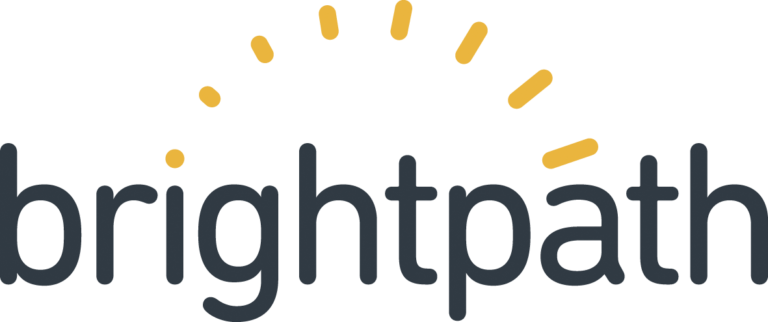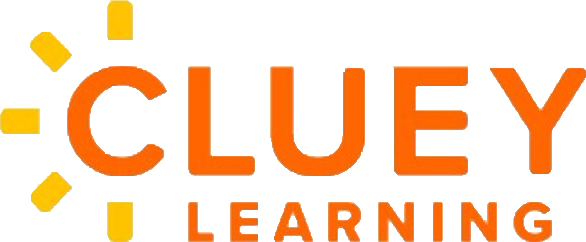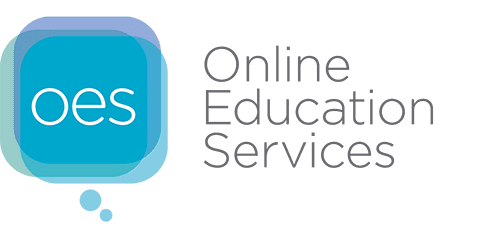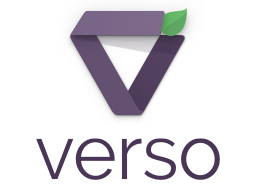AUSTRALIAN EDTECH CAPABILITY
The Australian EdTech sector is an integral component of Australia's education economy domestically and internationally.
EdTech sector foundation
Australian EdTech leverages the high profile Australian education brand around the globe for brand recognition, market entry and economic growth.
The Australian Education sector provides a foundation for the EdTech sector that includes:
- A strong K12 school, tertiary and vocational education system underpinned by rigorous research, thought leadership and systems that are based on evidence.
- A multicultural society and leadership in international education ensuring Australians think globally at all stages of business growth.
- Institutions with sound, transparent governance and compliance systems, providing reassurance to customers engaging with Australian education providers and companies.
EdTech sector capability
Enabling Australian EdTech characteristics
Australia’s education foundation enables an EdTech sector that:
- Embeds evidence and research from the outset in product design through to delivery of services and solutions for educators, ensuring efficacy for learners.
- Is resourceful in building and evolving products to gain traction with limited local resources that are highly adaptable to new markets.
- Uses highly skilled workforces from across the economy and applies them in education to build robust adaptable products.
Thought leadership
Australia has a strong history and global reputation in education thought leadership.
Australia has a long history of investing in advanced research to develop thought leadership across the education spectrum. The creation of evidence based study guides education policy and is a key input for our EdTech sector.
- University of Melbourne Education Faculty ranked in top 10 globally (source: QS Rankings Education Faculty 2018)
- Michael Fullan and Stephen Hepple’s thinking on High Impact Teaching strategies are influencing education policy, around the world
- John Hattie’s Visible Learning concepts underpin many education reforms on the global stage
- Prof Beverley Oliver was central to the debate on Graduate Employability and Micro-credentials that has formed part of Australia’s Higher Education debate and influences international thinking
- PISA, the international benchmarking test was created and administered in Australia
- Significant globally respected assessment and measurement organisations ACER and ESA
Case studies:
High quality international education
Australia is respected for high quality international education underpinned by the globally recognised Australian Qualifications Framework accredited by credible institutions.
Australia’s education system is globally recognised for quality outcomes and pathways for students underpinned by the Australia Qualifications Framework (AQF).
- Australia is the 3rd largest global destination for international students
- The global recognition of the AQF enables student mobility and employability
- Online Program Management (OPM) is a key driver of higher education innovation supporting Australian education moving into export markets whilst accelerating innovation at education institutions globally
Case study:
Evidence in education
Australian educators at all levels seek evidence and data to support teaching and learning practice.
The high quality data, insights and evidence developed from Australia’s leading academics and research organisations provides the foundation for our education sector. Australian educators are rigorous in their use of evidence-driven strategies, and the EdTech industry incorporate this into their products. This focus on evidence ensures Australian EdTech companies have a competitive advantage in international markets.
- 20 years of NAPLAN implementation has generated extensive debate on the use of data ensuring that all educators consider data in their practice
- Western Australia implemented data clubs where teachers were actively encouraged to attend data training to assess their student’s performance
- Extensive teacher and student feedback from program usage and surveys
Case studies:
Comprehensive products
Australia’s educational expertise and focus on customer driven solutions ensure products are comprehensive and adaptable from the outset.
Due to Australia’s geography and diversity, we have a complex domestic education market with a variety of needs. Our customers demand evidence embedded in products and a complete solution including professional development, support and consulting to ease implementation. This ensures our EdTech industry builds products that meet multiple customer needs while enabling a variety of use cases from the outset. This translates into products that are comprehensive and readily adaptable for global customers.
- Need many features and components to achieve commercial viability and scale in our small domestic market providing competitive advantage during export development
- Cover the breadth of curriculum with a depth of expertise in specialist areas
- Leverage our strong tech industry and apply skills from other segments such as game development, finance and health
Case studies:
Global marketplace mindset
Australia’s multicultural society and domestic market diversity ensures EdTech products are developed in an environment that reflects the global marketplace from day one.
Australian EdTech companies are born global due to our multicultural society with 30% of our population born overseas and 2.1m people speaking an Asian language at home. This provides a unique environment to test, iterate and optimise our services within our own country. The large international student population supports product development and commercialisation in regional markets.
- Testing within cultural groups can happen easily and quickly, often with native speakers being part of the technical and commercial development
- We don’t build just for one language, culture or curriculum, and use technology that enables localisation efficiently
- Our closeness to Asia Pacific allows us to move from pilot to commercial relationships very quickly
- Australian EdTech companies support large customer bases in Asia due to our geography within the Asian timezones
Case studies:
Alignment between education and employability
Australian education strongly aligns with employment and the future of work through innovative, flexible delivery models and learning experiences.
Graduate employability has long been a focus of Australia’s leading universities and vocational training institutions. The need to connect graduates to employment and then remain employed is high on Australian education providers strategic plans. This creates local capability that can be exported globally in the form of new delivery models, partnerships, experiential learning and industry connected courses.
- The development and integration of micro-credentialing
- Linking employment requirements directly with vocational skill development
- Actively adapting courses to changing workplace roles
- Experiential learning that can be delivered online and in blended forms
Case studies:



















